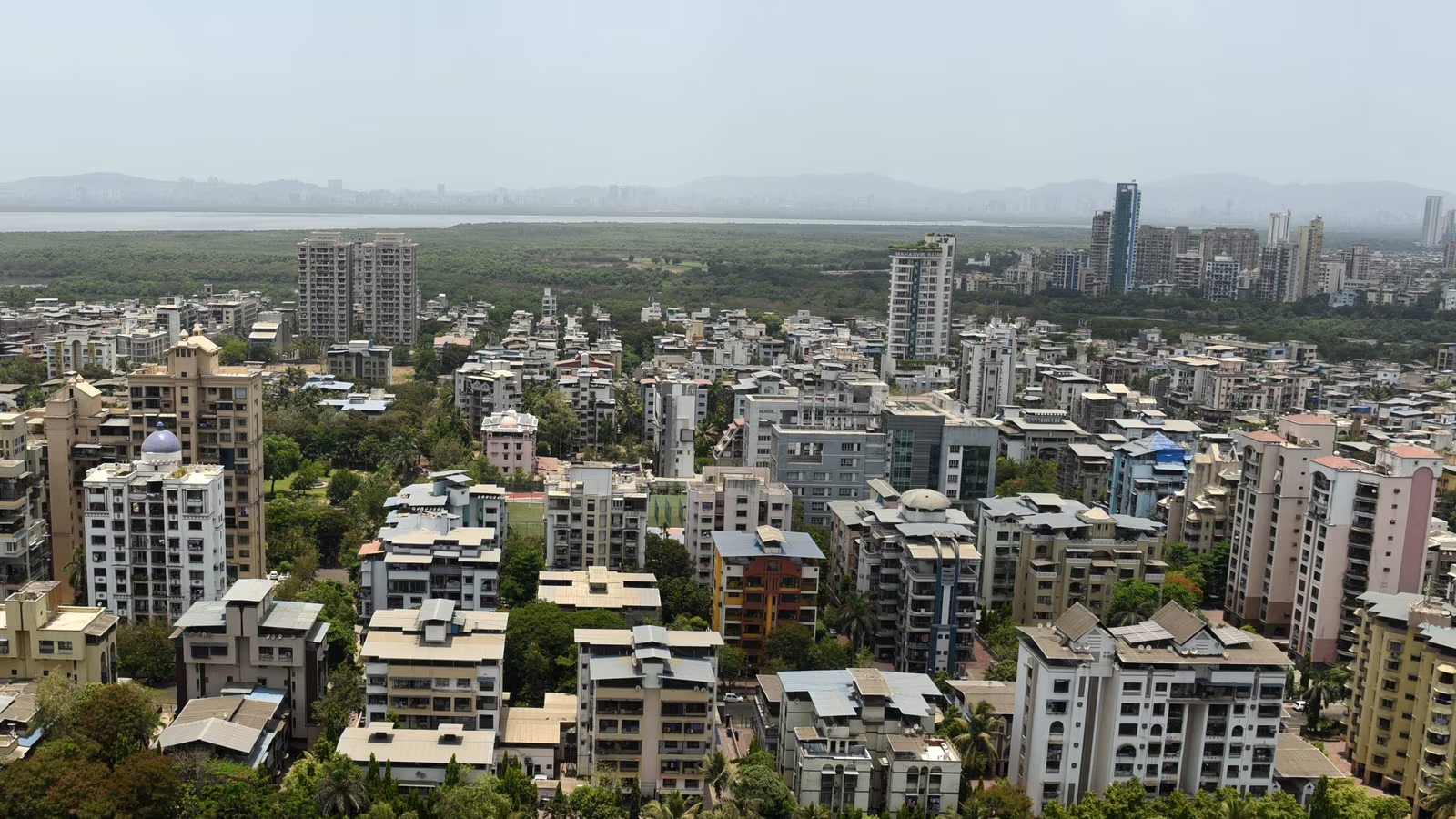Mumbai’s redevelopment and slum rehabilitation (SRA) market is witnessing a surge in interest from developers across India. With limited greenfield opportunities, redevelopment projects have emerged as a lucrative avenue, attracting names like Prestige Group, DLF, Puravankara, and Adani Properties. These initiatives aim to rejuvenate dilapidated housing societies, cessed buildings, and sprawling slums, such as Dharavi, unlocking prime land parcels in the densely populated city.
The growing momentum in this segment is driven by the high floor space index (FSI) benefits, which allow developers to construct larger buildings, yielding higher returns. Approximately 60% of new residential supply in Mumbai now stems from redevelopment projects, according to Pankaj Kapoor, MD at Liases Foras. Developers have already launched several high-profile projects, including Prestige Group’s Pali Hill redevelopment and Puravankara’s ventures in South Mumbai.
While lucrative, the market is highly competitive. Leading developers are offering attractive deals to tenants, vying for prime redevelopment rights. However, challenges persist, as projects often involve heterogeneous demographics and face risks of delays, financial strain, and unfulfilled commitments. Past failures, such as those of HDIL and Orbit Group, have highlighted the complexities of managing SRA and redevelopment projects.
Despite these risks, redevelopment offers a transformative opportunity for residents and developers alike, promising larger homes, better amenities, and an upgraded urban landscape. For developers, success hinges on delivering projects on time and maintaining trust, ensuring this goldmine remains sustainable for all stakeholders.







